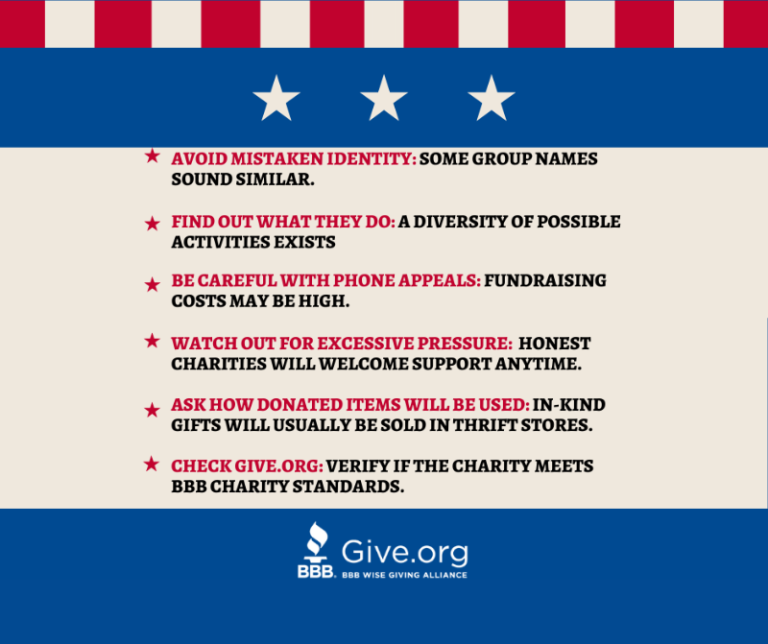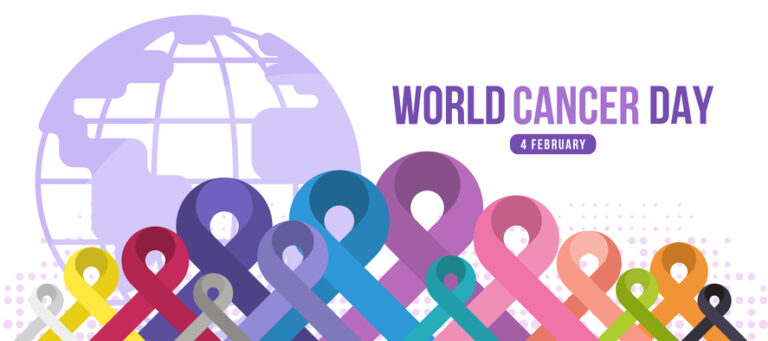Wise Giving Wednesday: Lessons of 9/11 Fundraising Twenty Years Later

As we approach the twentieth anniversary of September 11th this week, everyone who is old enough recalls where they were on that dreadful day. We were able to see, from the offices of the BBB Wise Giving Alliance in Arlington, Virginia, the smoke rising from the Pentagon building in the distance. The television news coverage kept repeating the scene of the falling towers in New York. As both government and business offices closed around noon in the Washington Metro area, the traffic began a slow and anxious crawl home. Emotions ran from fear, anger, and confusion to sorrow. Two decades later, those emotions linger as part of the nightmarish memories.
Six months before the terrorist attack, we were created as a result of a merger between the two most well-known charity monitoring groups and began using the new name: BBB Wise Giving Alliance. In some ways, the merger could not have happened at a better time. With combined resources and experience, we were ready to take on a new challenge. The charity fundraising that began in the aftermath of September 11th certainly generated something that we had not seen before, or since. A report from the U.S. Government Accountability Office released in December 2002 estimated that $2.7 billion was raised. For this edition of Wise Giving Wednesday, we thought it might be helpful to look back and share some lessons learned from September 11th fundraising, from the perspective of a standards-based charity monitoring organization.
The Value of Collaboration
Hundreds of charities, both large and small, solicited for some aspect of September 11th relief. Among these, were many community-focused efforts that often sought to address unmet regional needs. There also were some national fundraising campaigns that appeared to be duplicative in terms of the announced broad objective to help the victims and their families. Looking back, it might have been helpful if some of these disaster fundraising efforts were conducted in a more collaborative way. As it was, the volume of fundraising led to some confusion for both donors and those seeking help. Since that time, we have seen evidence that some nonprofits are building pathways and tools to facilitate more coordination with funders, government, and each other around responses to disasters and crises. We can hope that this collaborative practice will become widespread across many communities. BBB Wise Giving Alliance continues to take this lesson seriously as evidenced by our Advancing Collaboration program which encourages organizations to seek and engage in collaborations of all types.
The Importance of Appeal Clarity
Many charities began raising funds for September 11th relief without knowing what the emerging needs might be. It can be challenging to craft disaster-response appeals among many unknowns. However, such appeals can be much too vague. The generic “to help September 11th victims and their families” was sometimes used without further details. In the past two decades, there has been marked improvement in the clarity of appeals for many disaster response groups. Even so, many donors continue to find disaster-related appeals confusing. In 2019, the Give.org Donor Trust Special Report on Disaster Relief Donor Expectations showed that only 24% of potential donors said disaster relief appeals are “very clear.”
The Oversight of Newly Created Charities
In the days and weeks following September 11th, the volume of media requests about newly created charities raising funds was unprecedented. New charities, however, have no track record, financial statements, and may not yet have received charitable tax-exempt status from the IRS. In those cases, we advised inquirers to look for three key trust points: (1) Who is serving on the charity’s board of directors? Do they have experience in the charitable sector and/or special expertise on the issue(s) being addressed? Has the board been meeting regularly as the group launches its efforts? (2) Are the activities clearly explained on the website and in appeals? This transparency is key. Vague descriptions should be a concern for donors. (3) Does the charity have a financial plan or goal? Even a newly established charity should have a budget plan that identifies how much they hope to raise and the preliminary activities that will be supported. While these three areas do not cover all that is needed, they are among the issues addressed by the 20 BBB Standards for Charity Accountability.
The Speed in Providing Help
Although it may not be realistic, some donors expect disaster relief charities to spend funds as quickly as they are raised. A study released in 2003 by the Education and Research Foundation of the Better Business Bureau serving Metro New York identified that by early 2003, 74% of September 11th charities participating in their survey, reported they had used all or most of what they had raised and four of the most well-known groups had spent 95 percent of their 9/11 donations. Those results are encouraging and as noted in the 2019 Give.org Donor Trust Report on Disaster Relief, disaster relief charities might consider this speed of relief delivery expectation in drafting their communications with potential donors. As we saw with the 9/11 attacks, major disasters can generate needs that extend well beyond the immediate impact response. Charities raising funds to cover such emerging long-tail needs should be clear with donors about the potential longer-term use of funds.
These four lessons, twenty years later, are valuable to remember as we look towards a future that presents new challenges that could once again test the ability of the charitable sector to provide help when it is most needed.
Video of the Week
As part of the Building Trust Video series, we are pleased to provide a video interview with Suzanne Tierney, President & CEO, Lupus Foundation of America, Greater Ohio Chapter (a BBB Accredited Charity) which works to provide education and support for those affected by lupus across the state of Ohio. Educational events include classes, led by a registered nurse, for those newly diagnosed with lupus, health fairs and community outreach events, and medical summits with physicians, social workers, dietitians, physical therapists, and psychologists.
Heart of Giving Podcast
This week’s Heart of Giving Podcast features an interview with Stacy Holland, Executive Director, Philadelphia School Partnership. Ms. Holland talks about how she has dedicated her career to ensuring that Philadelphia’s young people have access to the academic, career and support services they need to build bright futures.
Recent Reports
We are always working with charities to publish or update reports for donors. Visit Give.org or local BBBs to check out any charity before giving. Our recently evaluated charities include:
Finally, remember to let us know by going to www.give.org/charity-inquiry if you are interested in seeing a report on a charity not on the list and we will do our best to produce one.
H. Art Taylor, President & CEO
BBB Wise Giving Alliance


